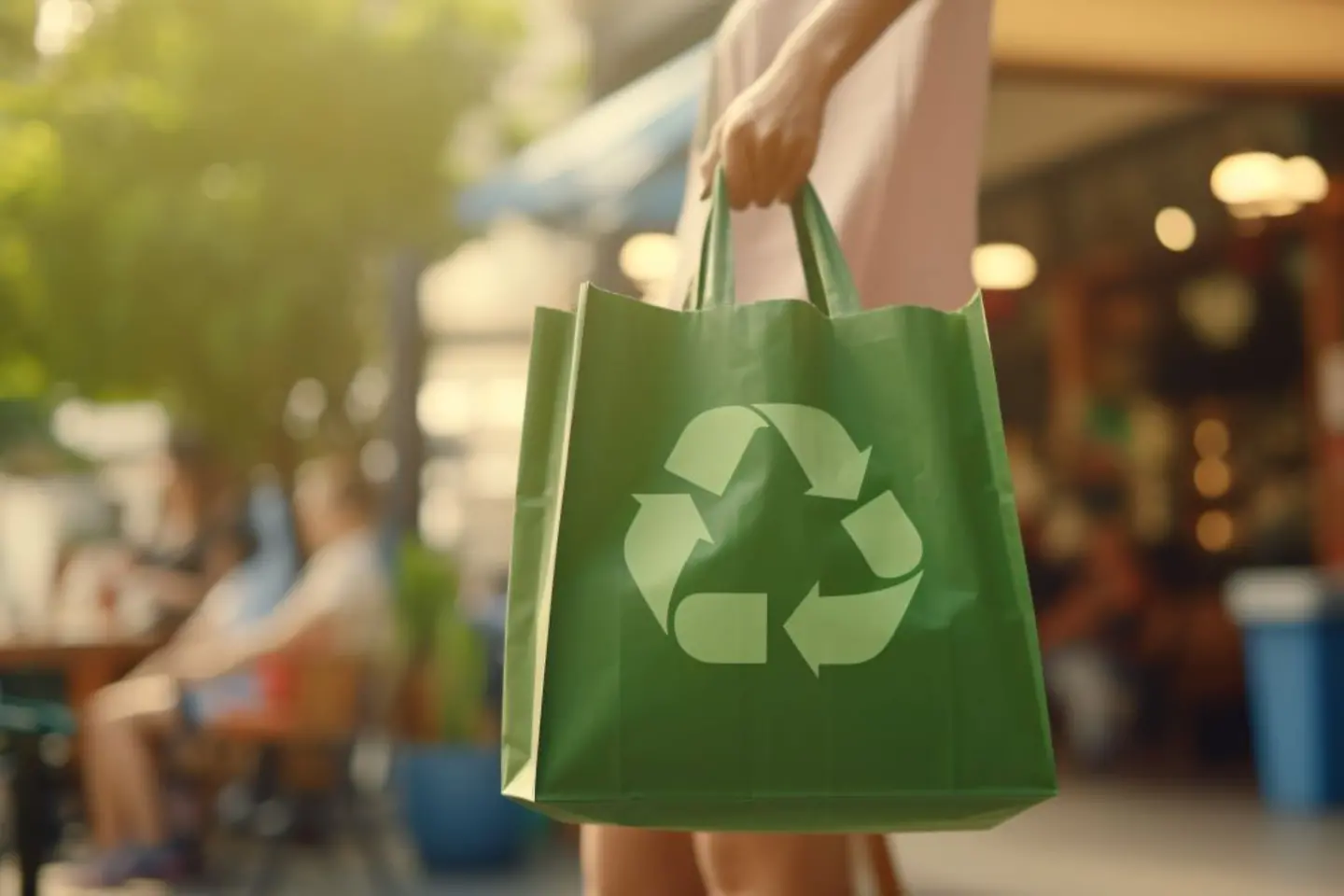
Germany has the target of reducing 543 million tonnes of CO2 by 2030. Future-ready leaders know that the reduction of carbon emissions also impacts the profitability of logistics providers in the retail industry. Compliance with sustainability goals can be achieved by embracing digital solutions targeted at achieving transparency in supply chains, reducing emissions, and providing data analysis for better decisions.
Sustainability in retail and logistics is not limited to policies and ethics discussions. It has a huge economic impact. Through initiatives like low-carbon mobility management, advanced energy management for stores, and efficient EV charging, the sector is adopting eco-friendly practices. These changes not only contribute to a healthier planet but also offer long-term cost savings and enhanced customer experiences.
The Supply Chain Transparency Suite is an in-house, out-of-the-box solution developed by T-Systems, based on ServiceNow. It helps you to assess supply chains from direct as well as indirect suppliers and to compile the data for reporting to the BAFA (Federal Office for Economic Affairs and Export Control). The suite enables our clients to remain compliant with the German Supply Chain Due Diligence Act (LkSG), mandated from January 2023. The data is combined and analysed to not only fulfil legal obligations but also to create time to optimise supply chains in terms of human rights.
Low-carbon mobility management is an innovative strategy that focuses on reducing carbon emissions associated with transportation and logistics in an eco-conscious market. This approach encompasses a range of practices, from utilising electric vehicles (EVs) for deliveries to optimising delivery routes for fuel efficiency. Additionally, integrating digital tools for real-time tracking and data analysis enables stores to make informed decisions that balance efficiency with environmental responsibility.
Energy management in retail stores is a crucial component of modern, sustainable business practices. This approach focuses on optimising energy use to reduce costs and minimise environmental impact. By implementing advanced energy management systems, retail stores can monitor and control their energy consumption more effectively. Embracing energy management not only aligns with global environmental targets but also enhances the store’s market competitiveness by reducing overheads and appealing to eco-conscious consumers.
Electrical charging is a key factor in reducing carbon emissions and in driving sustainability. T-Systems is at the forefront of retail sustainability, offering innovative solutions like Ambika for effective EV charging management. Ambika is a ready-to-use, end-to-end EV charging station management system for quick and easy station roll-out and maintenance. It offers the interconnection of various proprietary, market-leading tools, along with integration for automated data exchange.
You can display all external content on the website at this point.
I agree that personal data may be transmitted to third-party platforms. Read more about this in our privacy policy.
In Germany, the target by 2030 is a reduction of 543 million tonnes of CO2. Transportation is one of the most important areas where this reduction will have to happen. For businesses there are now multiple reasons to turn to sustainability. The T-Systems and Deutsche Telekom IoT team are here to help businesses achieve their individual targets with digital solutions. In this video, listen to our experts’ opinions and brief about our solutions and offerings.